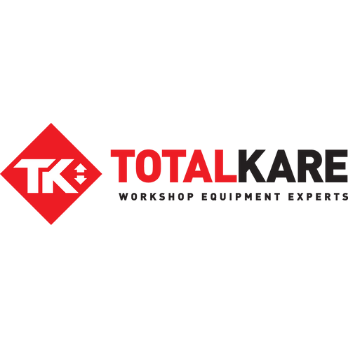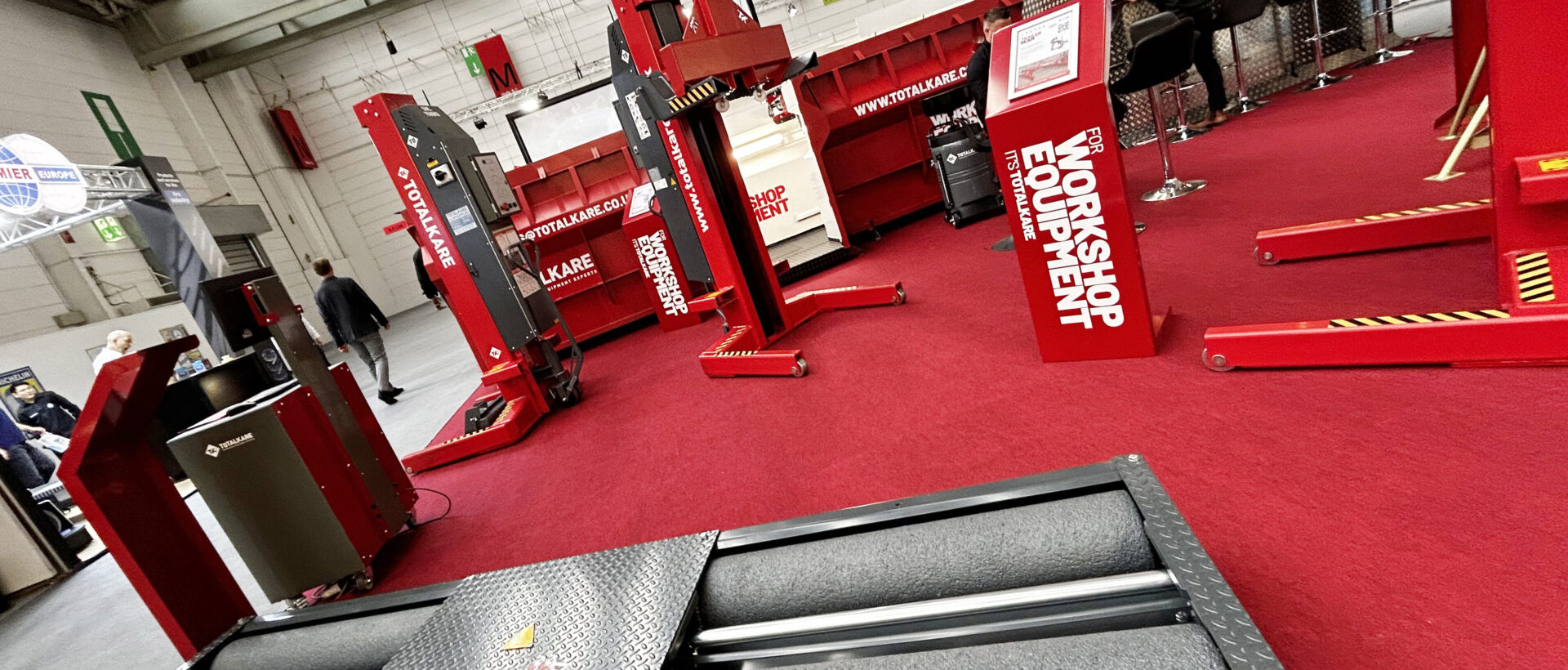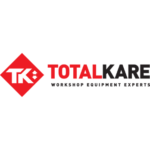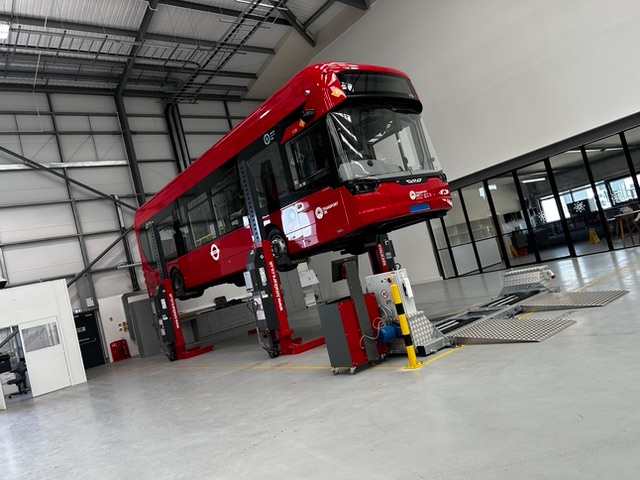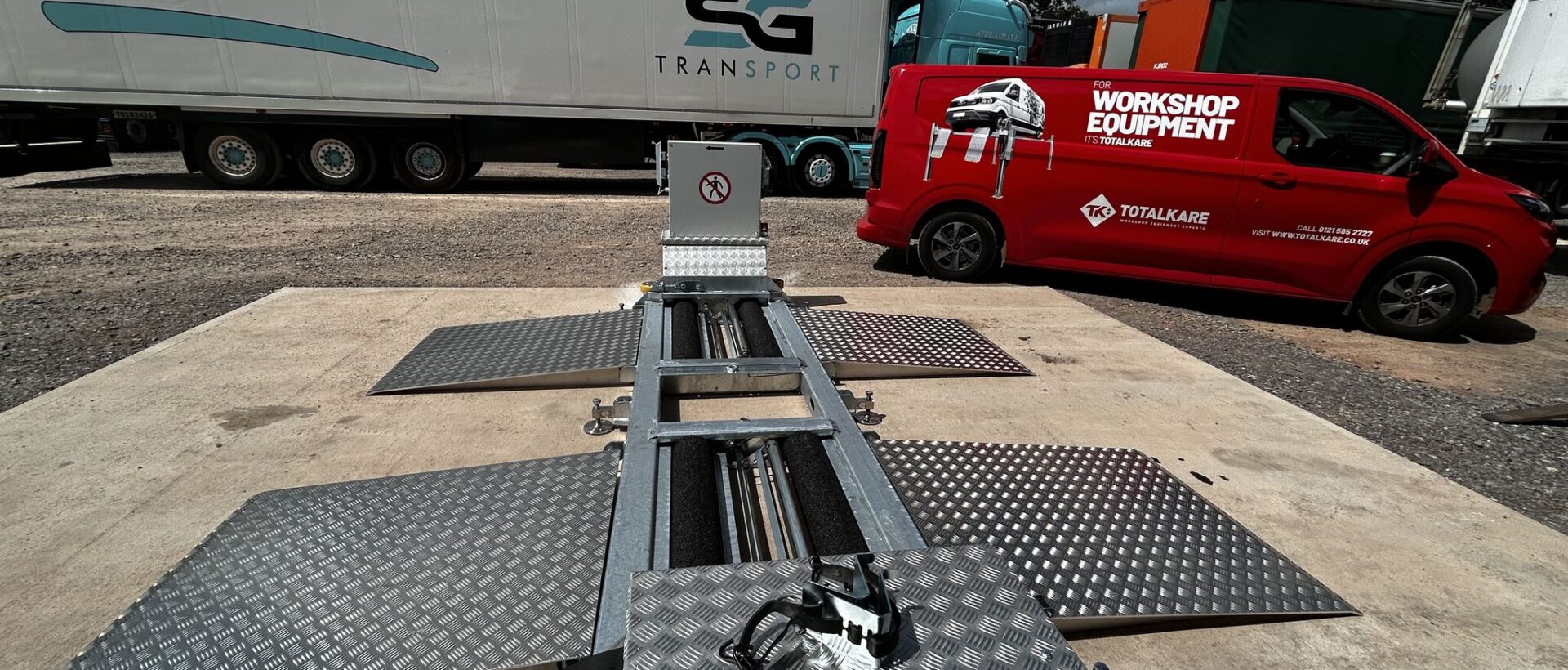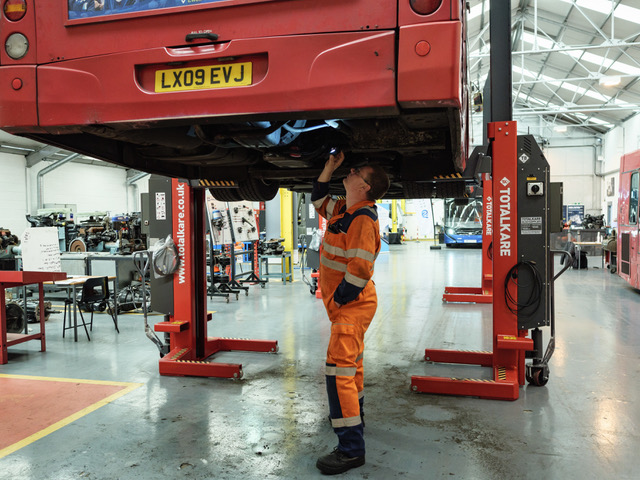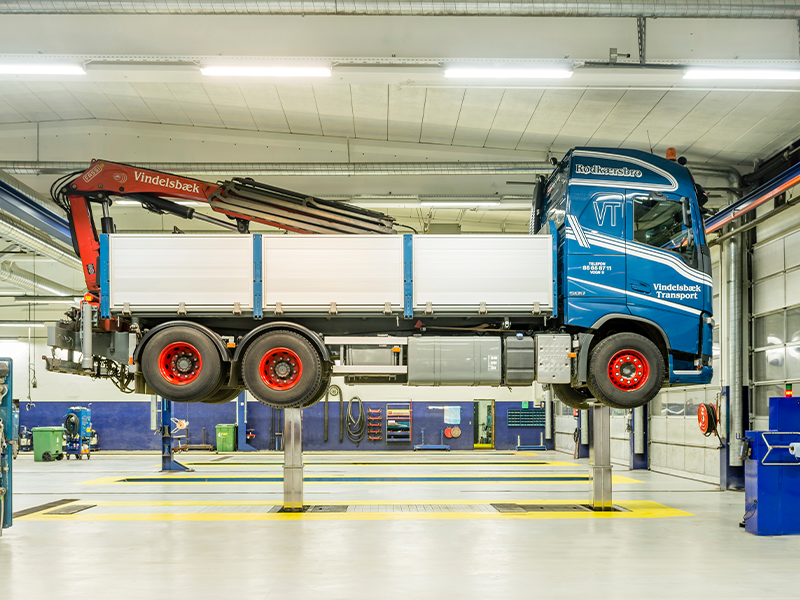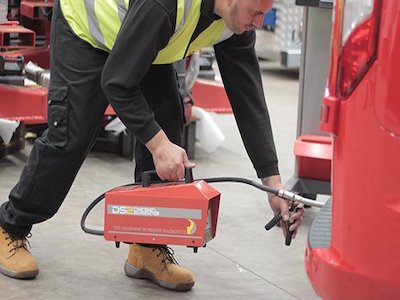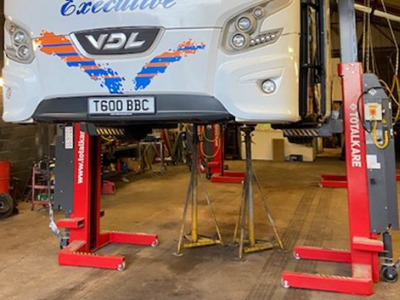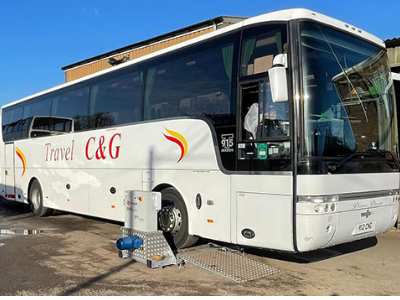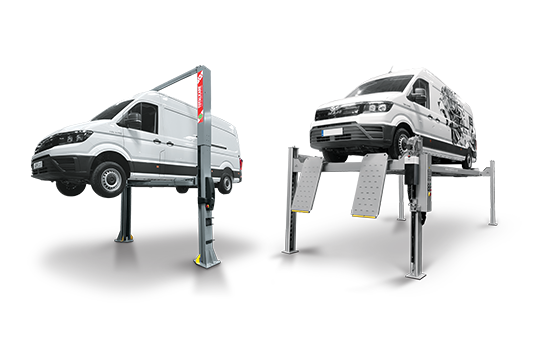When it comes to torque jobs, there’s a huge range of different tasks in any workshop – and that means there’s a huge range of torque tools to choose from, too.
It’s easy to get overwhelmed with the options. And if you’re not careful with the tools you invest in, you could end up wasting money on more than you need. (Or even worse: you could be missing the tools your technicians need to do a job safely.)
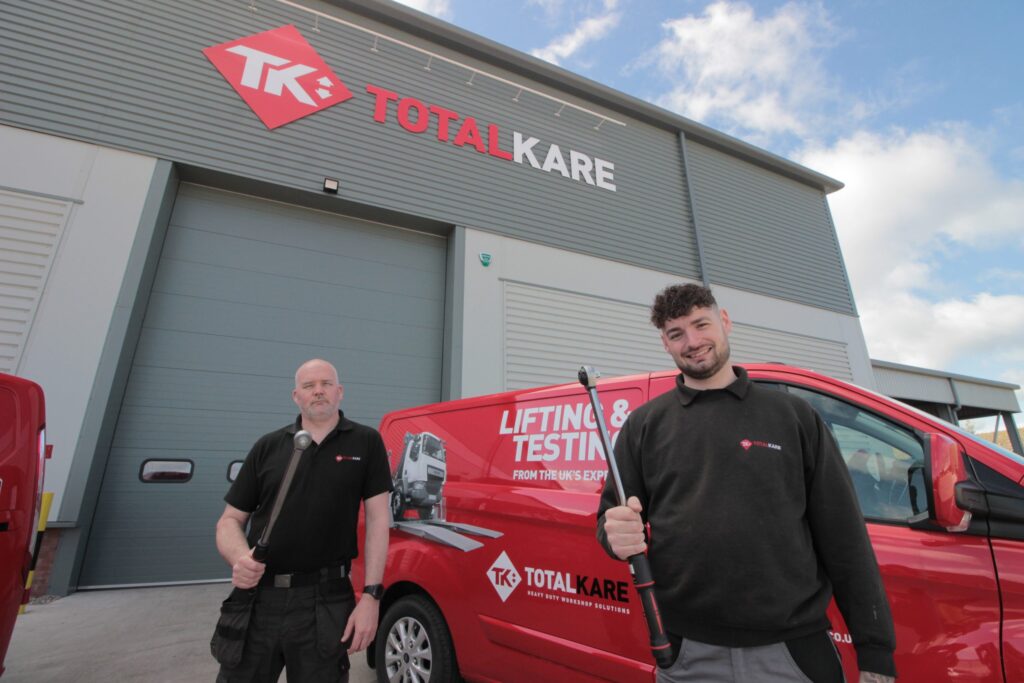
So to make things easier, we’ve put together this simple buyer’s guide to help you choose the right torque tool for the right job – categorised by the different levels of torque required.
Let’s get into it:
Lightweight Torque Jobs (20 – 200 NM)
Not every job in the workshop needs a heavy-duty fastening. But you’ll still need to apply an accurate torque – and that means you’ll need a torque tool that has the right operating range.
In most cases of lightweight jobs, you’ll want to avoid a motorised tool, and stick with a manual, handheld wrench.
These manual torque tools are perfect for the everyday tasks you’re used to around the workshop – ranging from the lightest jobs (like fastening spark plugs or valve cover bolts) up to the heavier end of the lightweight range (like caliper bolts, head bolts, and lug nuts).
Here are the tools you should be looking at for lightweight jobs:
- The Adjustable Nortorque Ratchet – which operates from 20 Nm up to 300 Nm.
- The ‘P’ Type Torque Wrench – from 20 Nm up to 400 Nm.
- Or the ‘Mushroom’ Head Wrench – from 20 Nm up to 400 Nm.
Moderate Torque Jobs (100 – 400 NM)
The next step up from the lighter jobs involves some moderate fastenings. And while these types of fastenings might not be the most common jobs around, they’re often some of the most critical – so it’s important that you have the tools in place to cover these torques.
That could mean working on things like axle bolts, trailer-hitch bolts, and hub bolts.
This is also the area where you can first start to consider a motorised torque tool, with the lower end of some motorised tools starting at 100 Nm.
But for the most part, you’ll still be looking at manual torque tools. Here are the ones you need to look out for:
- The ‘P’ Type Torque Wrench – from 20 Nm up to 400 Nm.
- The ‘Mushroom’ Head Wrench – from 20 Nm up to 400 Nm.
- The motorised Pneutorque PTM (or PTS) Torque Tool – from 100 Nm to 2000 Nm.
- Or the motorised EvoTorque2 Fastener Tool – from 100 Nm to 4000 Nm.
Heavy Torque Jobs (200 – 1000 NM)
This is where the jobs start getting serious – and you’ll need a serious piece of kit to keep up.
It’s also where you’ll start to see fewer manual wrenches, and more motorised tools – especially when you get up the higher-torque jobs past 400 Nm.
But that doesn’t mean your handheld wrenches become worthless:
With a manual wrench adapter (like our own Handtorque H3 Multiplier), you can increase the torque range of a suitable ratchet wrench to give it an extra boost – turning it into a manual torque wrench that operates between 100 Nm and 1000 Nm.
Depending on the type of heavy job at hand (and how often you expect to need it), the H3 Multiplier could be a more affordable solution compared to the motorised torque tools that are usually used in this range.
For these heavier torque applications, you’ll be looking at jobs like fastening bearings and driveline components, as well as jobs that involve differentials and transfer cases.
These are the tools you should be looking out for:
- The Adjustable Dual-Scale Ratchet – from 200 Nm to 1000 Nm.
- The motorised EvoTorque Battery Tool – from 200 Nm to 4000 Nm.
- The motorised Pneutorque PTM (or PTS) Torque Tool – from 100 Nm to 2000 Nm.
- The motorised EvoTorque2 Fastener Tool – from 100 Nm to 4000 Nm.
Extra-Heavy Torque Jobs (200 – 4000 NM)
These are the heaviest types of torque jobs you’ll find in a vehicle workshop. And that means you’ll only be looking for motorised tools at the higher end of this range.
This could mean things like camshaft sprockets and harmonic balancers – as well as many of the fastenings you’ll find on heavy-duty or off-road vehicles.
Here are the motorised tools you’ll be looking for:
- The EvoTorque Battery Tool – from 200 Nm to 4000 Nm.
- The EvoTorque2 Fastener Tool – 100 Nm to 4000 Nm.
Need Some Advice on Equipping Your Workshop?
There’s a huge range of torque tools out there – from high-powered motor tools to manual wrenches designed for specific situations and spaces.
So if you’re looking for the right tool for the right job – or the perfect set of complementary tools to cover every circumstance – we’re ready to help.
Send us a message to tell us what you need – or talk to one of our workshop experts to find the best tools for your business.
This article was originally published by Totalkare Ltd.

